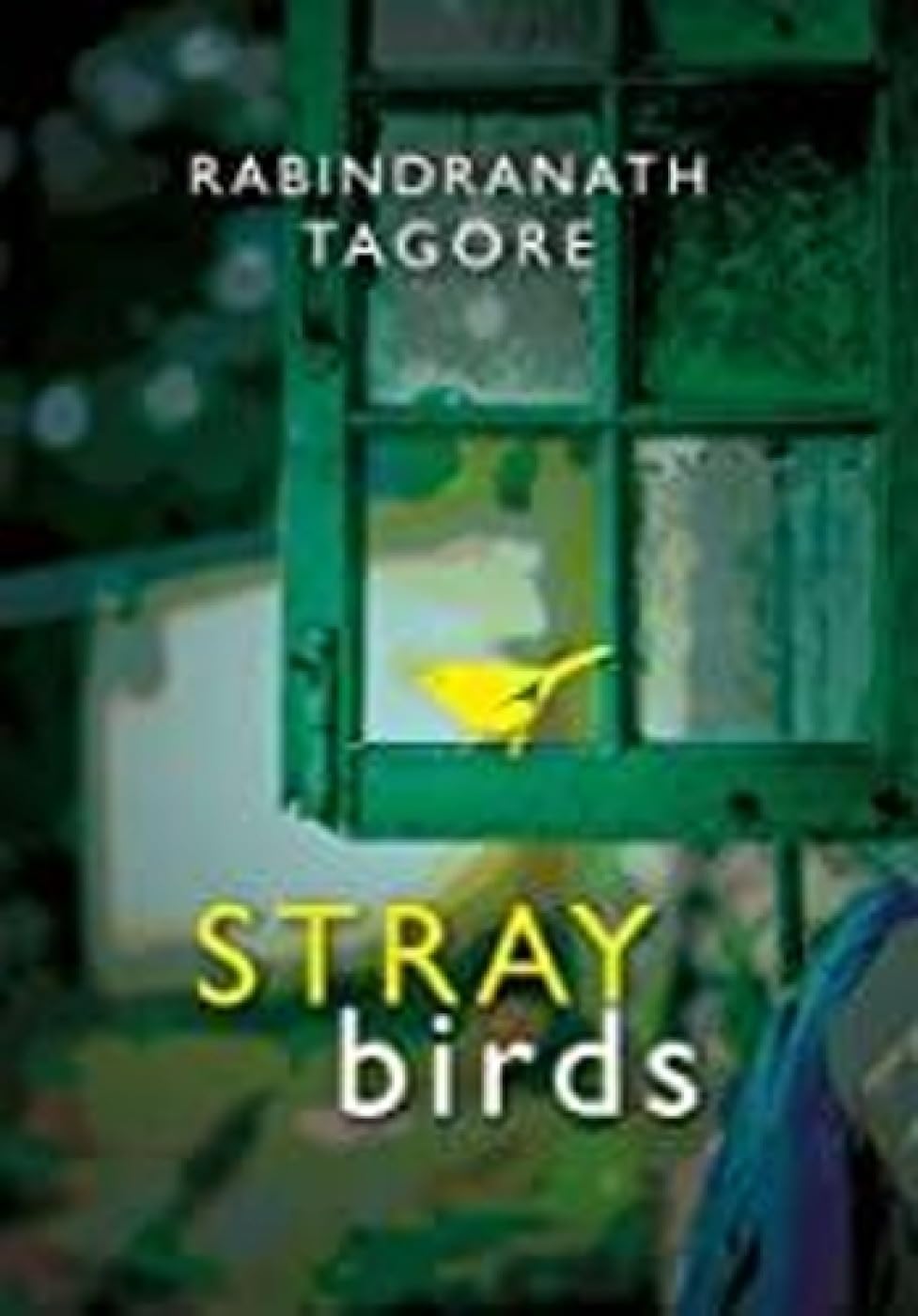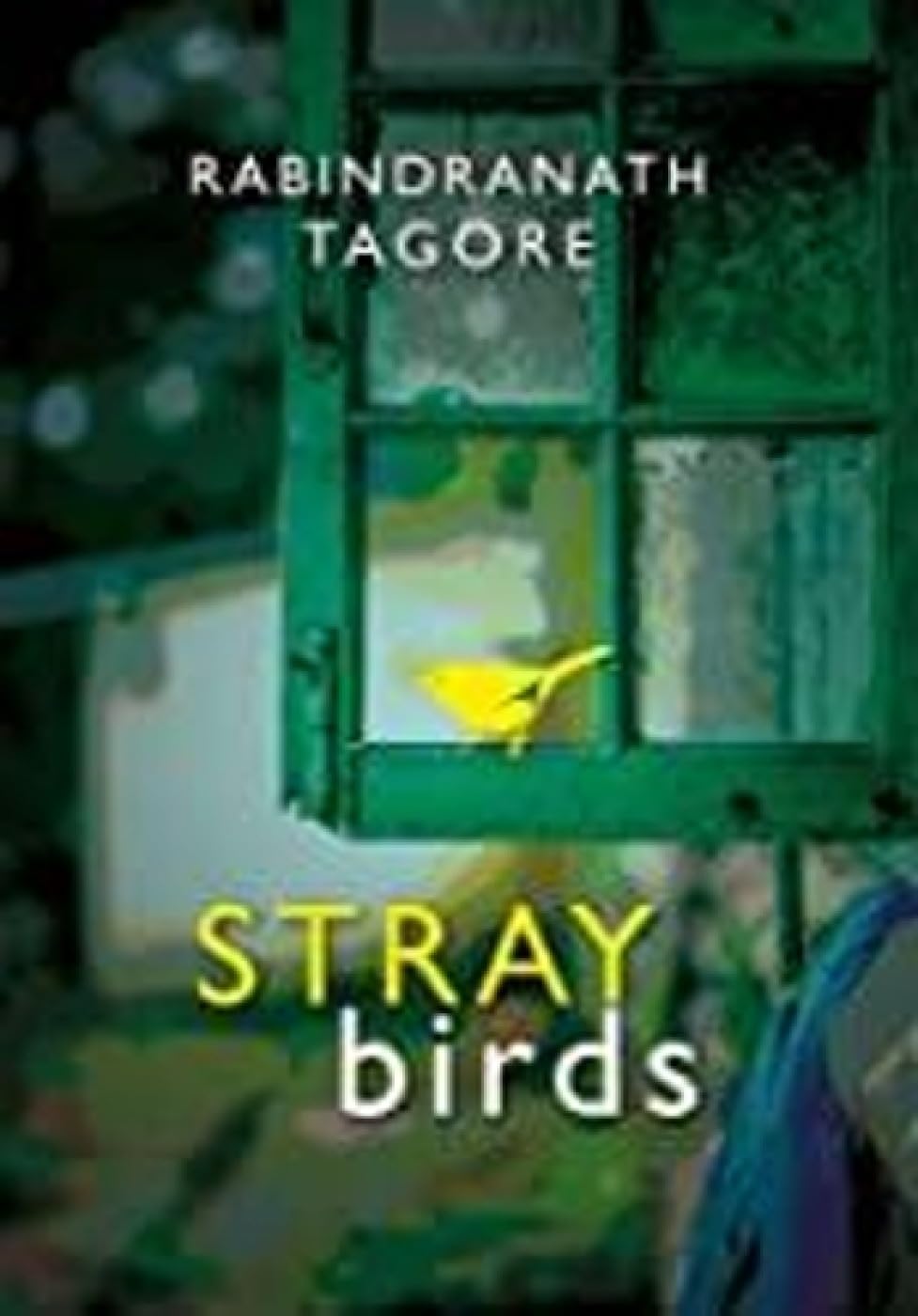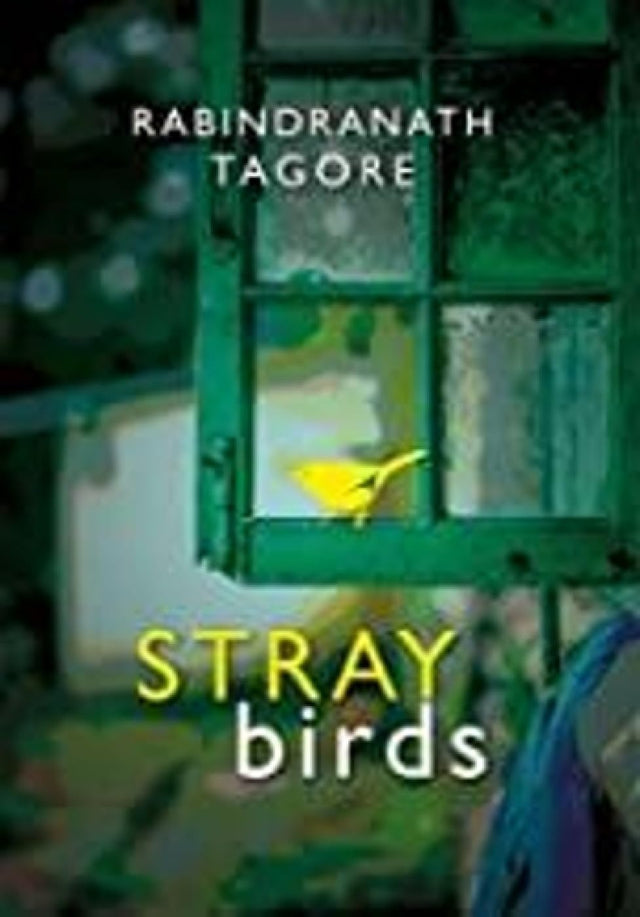Stray Birds
Stray Birds is backordered and will ship as soon as it is back in stock.
Couldn't load pickup availability
Genuine Products Guarantee
Genuine Products Guarantee
We guarantee 100% genuine products, and if proven otherwise, we will compensate you with 10 times the product's cost.
Delivery and Shipping
Delivery and Shipping
Products are generally ready for dispatch within 1 day and typically reach you in 3 to 5 days.
Book Details
-
Author: Rabindranath Tagore
-
Publisher: Niyogi Books Private Limited
-
Language: English
-
Edition: 2018
-
ISBN: 9789386906601
-
Pages: 88
-
Cover: Paperback
-
Dimensions: 6.8 x 4.9 x 0.3 inches
About The Book
Stray Birds by Rabindranath Tagore is a collection of epigrams and short verses, showcasing the poet’s unique ability to convey profound thoughts in concise, impactful lines. This book draws from two key sources: the first, Kanika (literally "fragments"), published in 1899, features verses that are epigrammatic and didactic in nature. These verses resonate with the classical traditions of Sanskrit and Persian poetry that were prevalent in nineteenth-century Bengali literature.
The second source, Lekhan (published in 1926), presents an intriguing collection where Tagore offers his works in both Bengali and English, with many poems having dual versions. These verses, written during Tagore’s travels, particularly in China and Japan, carry influences of Haiku—a poetic form he greatly admired. His analysis of Basho's famous Haiku, "A mud puddle / A frog jumps in / splash", reflects his admiration for this Japanese tradition, and the minimalist yet profound structure of Haiku is mirrored in Stray Birds.
In these verses, Tagore explores contemporary issues, including the rise of militant nationalism in the West and Asia. The collection, first published by Macmillan, New York, in 1916, was dedicated to T. Hara of Yokohama, Tagore’s host in Japan during his 1916 visit. The work’s minimalist beauty and philosophical depth capture the essence of Tagore’s reflections on life, society, and the self, making it a timeless and universally relevant collection.





